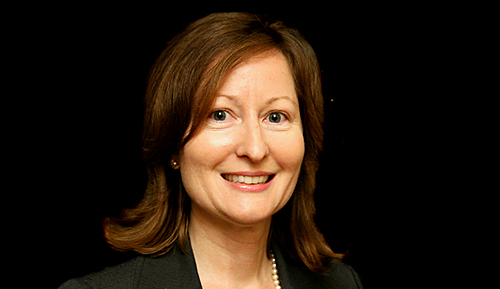College is a place to evolve intellectually. It is here where you have a multitude of opportunities to grow as critical thinkers and to develop a better understanding of the world around you.
Hopefully, the years you spend in college will encourage you to consider your relationship to that world and to explore and establish your own independent identity. Importantly, that identity includes your sexuality. A healthy expression of sexuality means having respect for yourself and others, being open and honest and sharing, not taking.
But how do you maintain this healthy identity in the midst of cultural messages that tell you something altogether different about what your sexuality “should” be? For instance, how do you get to this healthy expression of sexuality in the midst of a hook-up culture that requires a casual, I-don’t-care attitude that demands that you keep emotional attachment and intimacy at arm’s length?
Getting drunk or high is often a key part of the successful participation in this culture because it’s a great way to show you don’t care. The hook-up culture says that whatever you do when you’re drunk doesn’t really count because it’s not really you — it’s an altered you.
Additionally, there are all those confusing messages we get from society about who we are supposed to be as men and women. Our society tells us that true masculinity involves sexual promiscuity without emotional attachment. Not only should a real man have sex often, but he’s entitled to it. The more you have sex, the more valuable you are as a man — you’re a “player” or a “stud.” True femininity, on the other hand, supposedly means being sexy, but denying your sexuality. The more you have sex, the less value you have — you get labeled a “slut.” It is a double standard that creates an impossible situation. Is it any wonder there’s a lot of anger, confusion and even fear surrounding sexuality?
I especially worry about the anger. There seems to be a running dialogue of us versus them, men versus women. But this shouldn’t be a men versus women issue. All of us who have concern and care for our fellow human beings should be on the same page. So, how do we get there? We educate ourselves, we talk openly about what it means to express one’s sexuality in a healthy way.
Whether you are straight, gay, a lesbian or bisexual, and whether you choose to abstain or not, it all comes down to being true to yourself and your values, and to always, always treat yourself and others with dignity and respect.
Karen Riechard is the director of the Women’s Resource Center. She can be reached at reichard@loyno.edu
On the Record is a weekly column open to any Loyola faculty or staff. Those interested in contributing can contact
letter@loyno.edu






